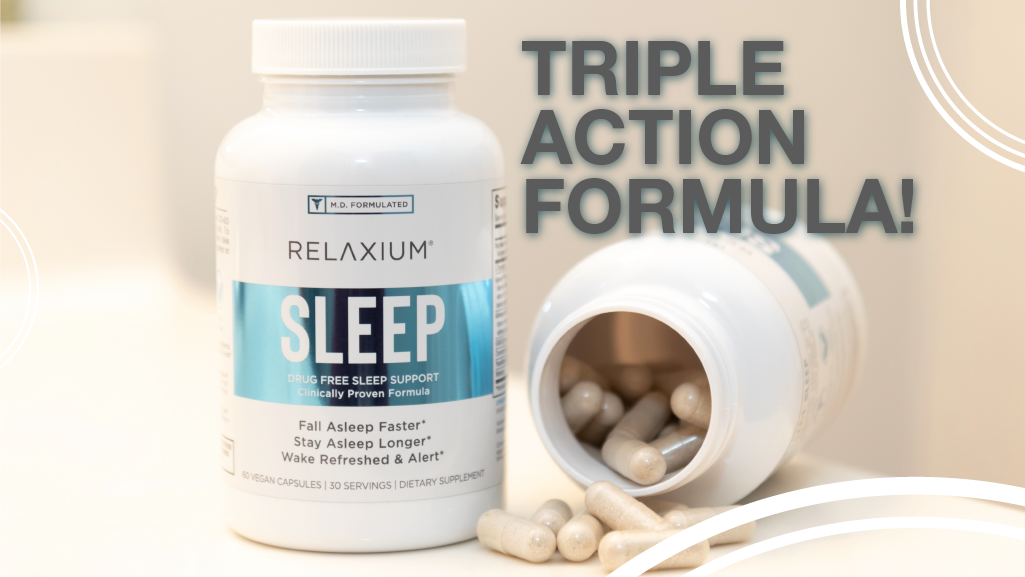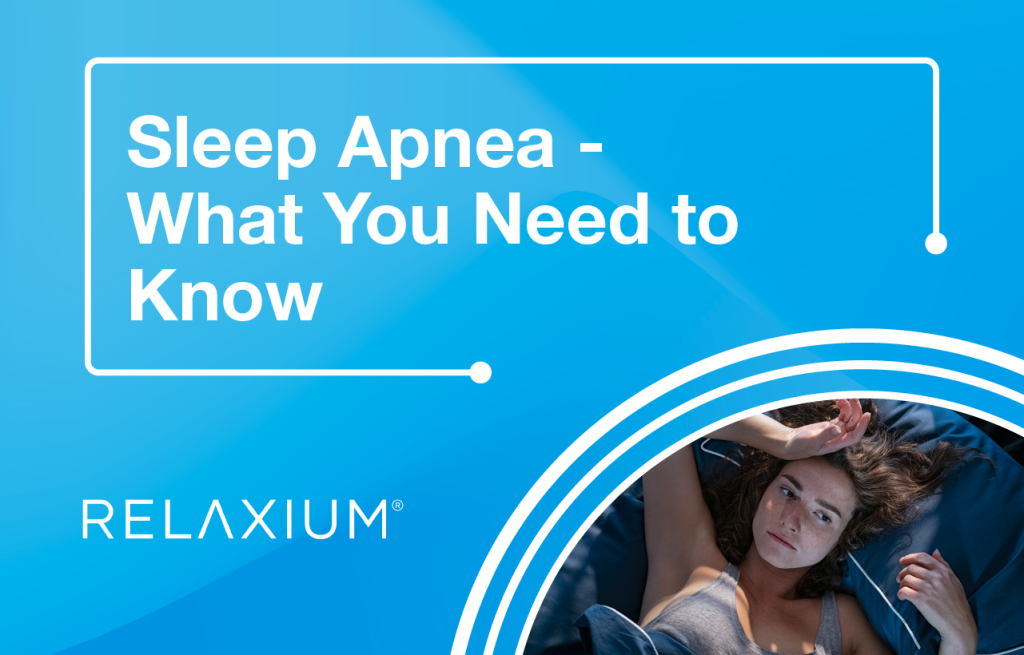Sleep disorders are often characterized as sleeping habits or patterns that can negatively affect health. Unfortunately, there are numerous sleep disorders one can struggle with. The most commonly known are insomnia, narcolepsy, restless leg syndrome (RLS), sleep walking, night terrors, and sleep apnea.
Doctors have been studying sleep since the 18th century. Sleep Health Solutions provides a detailed timeline of the many discoveries found when studying sleep. Some of the most relevant are provided below:
- 1956: Professor Charles Sidney Burwell identified the condition now known as obstructive sleep apnea
- 1958: Dr. Aaron Lerner discovered melatonin, the hormone responsible for regulating sleep cycles
- 1970: Dr. William Dement founded the first sleep lab, specifically focused on studying sleep disorders
- 1975: The American Academy of Sleep Medicine (AASM) was founded
- 1975: Dr. Dement and Dr. Mary Carskadon created the multiple sleep latency test, which helps diagnose different sleep disorders
Since then, much more research has been done regarding sleep disorders. We now know that there are numerous different kinds of sleep disorders, and we even know how to correctly treat the ones we are able to.
What is Sleep Apnea?
You may be wondering what exactly sleep apnea is. Sleep apnea is defined as a condition in which your breathing stops and restarts multiple times while you are sleeping. This can result in your body not getting enough oxygen while you sleep.
There are two different types of sleep apnea, central sleep apnea and obstructive sleep apnea.
Central sleep apnea occurs when you regularly stop breathing during sleep, due to your brain not telling your muscles to take in air. Central sleep apnea is different from obstructive sleep apnea. Central sleep apnea typically happens because of a serious illness, especially ones that affect breathing.
Obstructive sleep apnea occurs when the airway at the back of your throat becomes blocked during sleep, which often causes snoring. Snoring occurs due to the air being prevented from passing through normally. The obstruction generally causes a person to wake up, engage the muscles in the back of their throat, and take several gasping breaths. These sounds often sound like choking or snorting.
Symptoms of Sleep Apnea
Typically the symptoms of obstructive and central sleep apnea are very similar. Usually, loud snoring would be the biggest indicator that someone may be struggling with sleep apnea. You may seek medical help if you or someone else notices the loud snoring, and that it may be affecting your sleep quality.
Loud snoring is not the only indicator of sleep apnea, however. Mayo Clinic reported on some of the most common symptoms. Some of which include:
- Morning headaches
- Gasping for air during sleep
- Waking up often with a dry mouth
- Episodes in which you stop breathing during sleep – which would be reported by another person
- Irritability
- Difficulty paying attention while awake
- Difficulty staying asleep, also known as insomnia
- Excessive daytime sleepiness, also known as hypersomnia
It’s important to be aware of the common symptoms of sleep apnea so you are able to determine if this is something that is affecting you.
How Sleep Apnea is Treated
Now that we know what sleep apnea is and the common symptoms, how can we treat or prevent this sleep disorder? First, upon seeking medical help from your doctor, you would undergo multiple tests to be officially diagnosed with sleep apnea. A polysomnogram, or a sleep study, is often performed to diagnose sleep disorders. Other tests for sleep apnea, according to WebMD, include:
- EEG to measure and record your brain wave activity
- EMG to record muscle activity, and to look for REM stage sleep
- Nasal airflow sensor to record airflow
- EOG to record eye movements
- EKG to record heart rate and rhythm
- Snore microphone to record snoring activity
In order to properly treat sleep apnea once diagnosed, you may be given a breathing device known as a CPAP machine. A CPAP machine provides air at a pressure just high enough that it helps prevent the collapse of your airway. CPAP devices include a mask that is worn overnight. There are a few different types of mask styles to choose from, including a nasal pillow mask, a nasal mask, and a full mask. Upon diagnosis, you can decide which option you are most comfortable with.
A CPAP machine is highly effective in treating sleep apnea. However, lifestyle changes can also help improve or prevent the negative effects of sleep apnea. Some of these natural solutions involve implementing physical activity into your daily routine, maintaining a healthy weight, altering your sleep positions, avoiding alcohol and smoking, and using a humidifier at night.
How Relaxium Sleep Can Help
It can be disheartening to struggle with sleep disorders, and getting a good night’s sleep often feels impossible. Although Relaxium Sleep cannot cure or treat any sleep conditions, it may be helpful in other ways. Using a safe sleep supplement such as Relaxium Sleep can help to improve your sleeplessness. This life-enhancing sleep supplement allows its users to fall asleep quicker, stay asleep longer, and wake up feeling alert and refreshed.
Its triple-action formula has been designed to help its users awake each morning feeling refreshed by restoring your natural sleep cycle. There’s no need to endure restless nights with Relaxium Sleep. This sleep supplement has been clinically studied and carefully crafted, and is non-habit forming, easy to swallow, and has absolutely no risk of dependency.

To restful and healthy days ahead,
The Relaxium Team
* These statements have not been evaluated by the Food & Drug Administration. This product is not intended to diagnose, treat, cure, or prevent any disease
Sources:
[1] A Look Back at the History of Sleep Research (sleephealthsolutionohio.com)
[2] Sleep Apnea (sleepfoundation.org)

